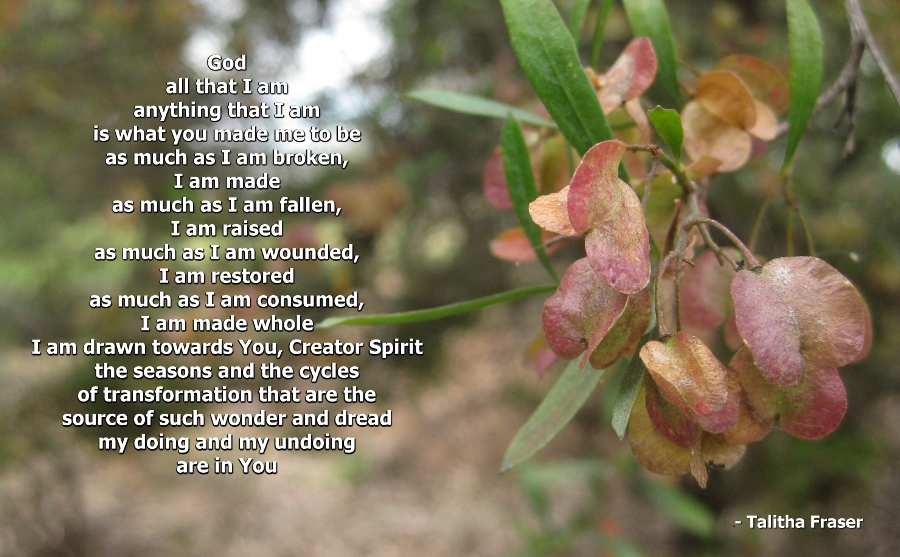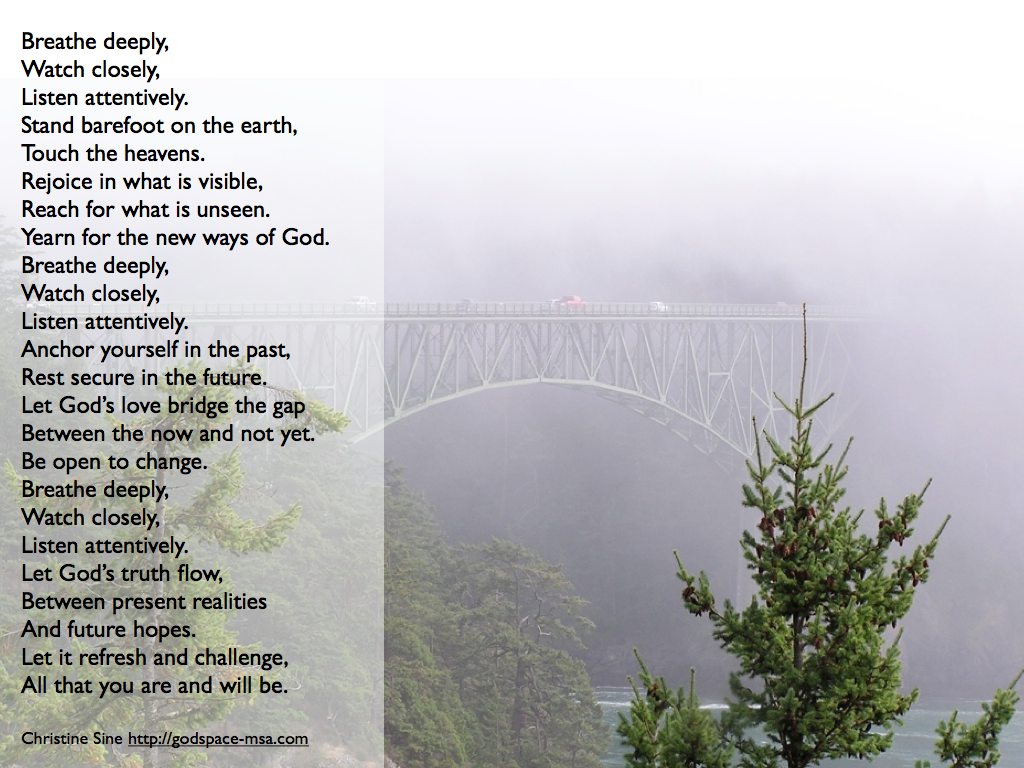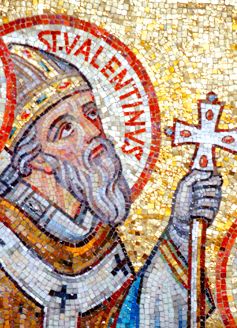 February sees the second largest card-sending date of the year (after Christmas) – Valentine’s day – with an estimated billion cards a year. It has never been a particular favourite of mine, perhaps because as a teenager I never received any cards!!
February sees the second largest card-sending date of the year (after Christmas) – Valentine’s day – with an estimated billion cards a year. It has never been a particular favourite of mine, perhaps because as a teenager I never received any cards!!
The theory is that you send a card to someone you admire or love, but without signing it. The one time I did get one, it drove me to distraction that I did not know who it was from, or even if it was a joke!!
The origins of the day (apart from as cynical money-making exercise by the card producers) are shrouded in mystery as far as the saint is concerned, with a plethora of legends. Indeed, there may be more than one saint involved!
However it is widely agreed that there was a 3rd century Valentine who was martyred for his faith in Jesus. The link with romantic love comes from two stories: one that he secretly married couples so husbands wouldn’t have to go to war, the other that while imprisoned he healed the jailer’s blind daughter and on the day of his execution left the girl a note signed, “Your Valentine.”
If you type “love” into the internet search engine, you get one thousand and twenty million possible links. In 1967 the Beatles released the single “All you need is love”, which was deliberately composed because it was a message which could be understood by everyone. Love is the most basic of human needs and has given birth to much creativity whether in song, art or writing.
Orson Welles had a rather sad view of love, saying “We’re born alone, we live alone, we die alone. Only through our love and friendship can we create the illusion for the moment that we’re not alone.” Many would disagree with that: our love and friendship at their best give us real connection with each other and do a great deal to dispel a sense of loneliness.
So if all we need is love – what kind? C.S. Lewis in his book “The Four Loves”, describes the 4 types of love which the Greeks had separate words for:
- Storge: family bonds
- Philia: the bond of friendship
- Eros: the bond of sexual love
- Agape: unconditional love – the love of God
We may not experience all those kinds of love, and all are imperfect. The one kind which is guaranteed however – whether we get a card this year or any year, is the love of God.
Love defines God, it is the very essence of who He is, and must have drawn people to Jesus more than the fascination with His teaching or curiosity value at His reputation.
It is an individual love – we are called by name, recognized, individually loved, not just part of the world God loves in some vague collective sense, but picked out, personally known and cherished. It is a self-giving love which took Jesus to the cross and kept Him there when the merest thought would have released the rescue hordes of heaven.
Through the brokenness of the cross there shines a dazzling beauty of grace….which can transform our sometimes fractured lives – His love “can take broken things and make them beautiful” (Ellie Holcomb)
That is a love, I believe, that is worth receiving this Valentine’s Day.
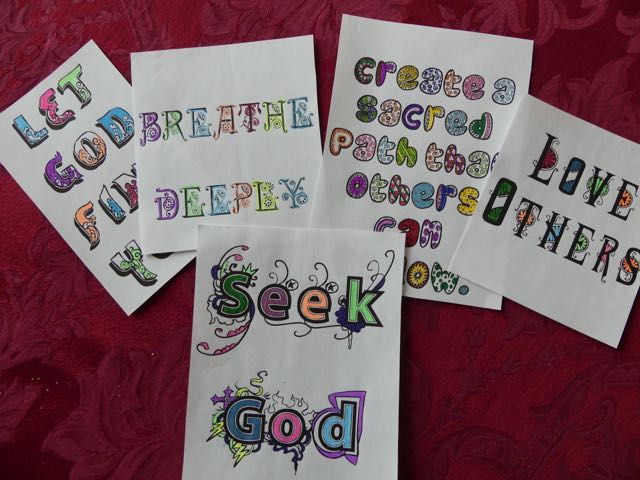
Last week I talked about my preparations for Lent, and the process I am planning to follow each week. This week I have worked on putting a special journal together for the season. I did something similar for Advent and so enjoyed the journalling experience that I decided to try it again.
For Advent I used this process, but found myself a little frustrated with my inability to add and move pages around in the journal I chose. So for Lent I started from scratch. It has been a very meaningful, reflective spiritual practice.
Collecting Materials
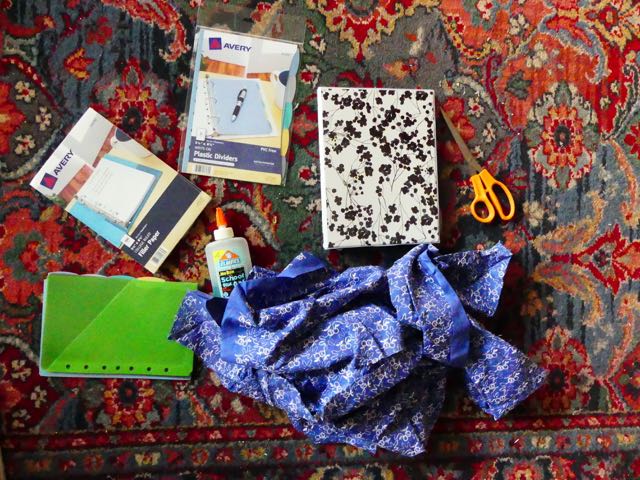
First I needed to take time to think about what I wanted to accomplish during Lent and what would best serve my purpose. I ended up buying a simple 5 1/2 x 8 1/2 binder, some filler sheets and dividers. I also found some parchment paper out in our office that I cut down to be small enough to add pages for doodling and colouring on.
Question: What would you like to see happen in your life this year? What would be the best form of journalling for recording your journey? What materials would you need to accomplish this?
Meditating on the Cover
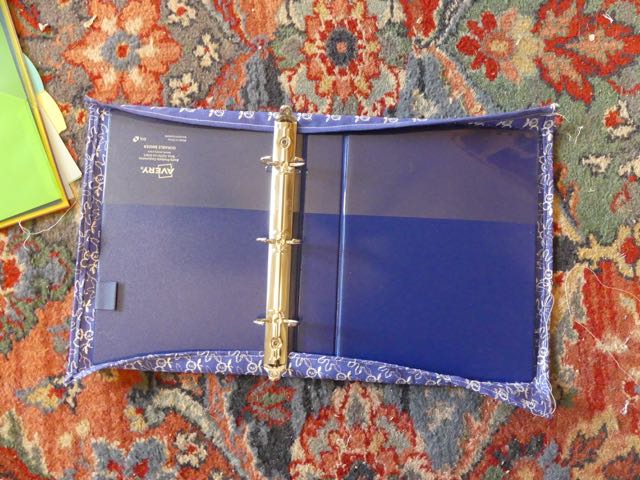
I didn’t like the cover on the binder I bought so decided to design my own using recycled materials. I planned to use an old woolen sweater I had knitted years ago. It was worn out but as I often found with my own handiwork, I could not bear to throw it out so intended to wash and felt the wool. Unfortunately our water was switched off on the day I set aside for this project because of some plumbing work that was being done. So I had to rethink.
It was a chance to use my imagination and creativity in new ways. In my chest of sewing materials and found some scraps from a dress I made for our honeymoon 25 years ago. It is a beautiful piece of Swiss cotton my mother gave me. So as I cut it out, hemmed it on my sewing machine which I pulled out for the first time in 10 years, and crafted it to fit snuggly over the binder. You can imagine the thoughts that were going through my mind – memories of Tom’s and my first days together, memories of my Mum and memories of the couple who gave me the sewing machine 30 years ago.
Who would have thought that making a journal cover could be such a wonderful experience!
Question: How could you make the creation of your journal into a meditative process? What might God say to you in the midst of it?
Putting the Pieces Together.
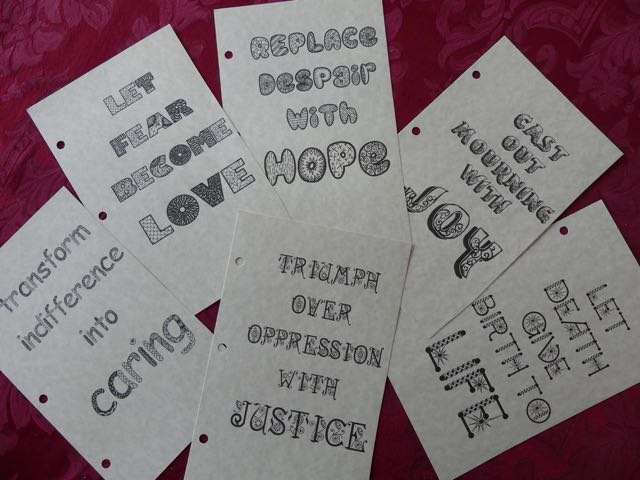
Part of what I enjoyed with my Advent journal was the colouring of the lettering of my weekly themes. So I decided I wanted to do this again for Lent. Once again I had fun choosing decorative themes:
Replace despair with hope – doodle gum
Let fear become love – zenfyrkalt
Cast out mourning with Joy – vtks encantar
transform indifference into caring – doodlowers
Triumph over oppression with Justice – spring
Let death give birth to life – Kingthings spyrogyra
I printed the words out on parchment paper so that the colour would not bleed through, punched holes in the pages and added them to the journal. I added some extra parchment pages to each section for creative doodling and drawing, some lined paper for reflection and separated each theme with tabs so that I could find where I am at easily.
Question: How would your project come together?
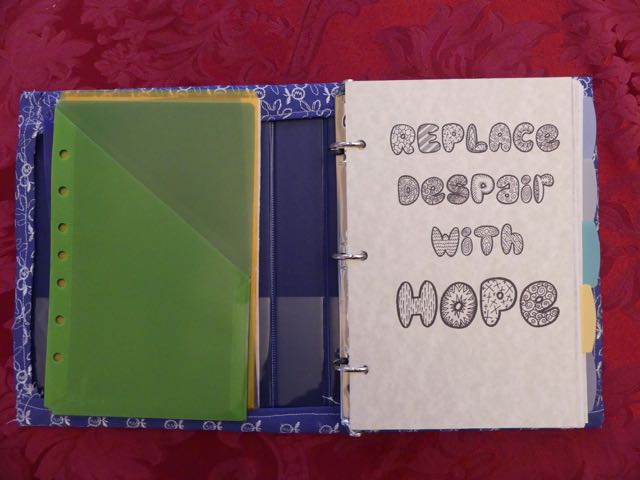
What Have I Learnt?
This has been a fun, reflective project as a preparation for Lent.
- It made me think about the season with intentionality – what is the purpose of Lent and what to I hope to see happen in myself during the season?
- It inspired my creativity. The moment I gave myself permission to think outside the box and imagine something new I felt God’s creative energy welling up within me. We call ourselves co-creators with God yet rarely apply creativity to our spiritual practices
- Obstacles I encountered were not roadblocks but opportunities to explore new paths. I could so easily have given up or put my project off when I realized the water would be turned off but I stopped to reflect on what new thing God would have me do instead. The new path was far more inspirational than my original thoughts.
- Any activity can become a spiritual practices if we give it our full attention and listen to what God is saying in the midst of it. The entire project only took me about 3 hours, plus the time to purchase my supplies.
- The process is as important as the product. Just as a journey is as important as the destination, so is the creative process as important and the product produced. We are not made to be consumers but creators and the process of creation enriches us and helps us grow.
- Preparing for a new season can be fun, creative and inspirational. Not only did the process inspire me but I am looking forward to Lent with renewed energy and enthusiasm too.
- Creativity is an never ending journey. I am not finished with my journal. I still want to create a design for the front cover, and I want to write out some of the prayers I have posted in the past from Dietrich Bonhoeffer, Mother Teresa and others , but this is enough for now. I will mull over it and allow the spirit of God to lead me in the weeks ahead knowing that in the process God is indeed leading me out slavery and into new freedoms.
What is Your Response?
Last week I asked you to join me on this journey towards the rebirthing of Easter. Lent is meant to be a season of transformation. It is a time to create new ways to move forward into the purposes of God., to prepare us for the new life of Easter. I pray that you will take time to consider your own Lenten journey and how God would inspire you to move forward.
Block out a few hours this week to get ready. Define your own Lenten practices and use your creativity to shape them in ways that make them special for you.
Andy Wade —
 I woke up this morning to one-half inch of ice covering everything, including the near-foot of snow that fell the past couple of days, which was on top of the foot of snow still covering the ground after a storm on December 9th. We’ve had a real winter here in Hood River, Oregon.
I woke up this morning to one-half inch of ice covering everything, including the near-foot of snow that fell the past couple of days, which was on top of the foot of snow still covering the ground after a storm on December 9th. We’ve had a real winter here in Hood River, Oregon.
I’m now sitting here at my desk looking out over my snow and ice-encrusted garden. The dead sunflowers tower over the snow, icicles clinging to them like mini-daggers drawn in protest to the winter assault. Rain is finally falling. Not the freezing kind, but the cool wet rain that slowly dissolves ice and snow. All this reminds me of a saying from the desert monk, Abba Poemen:
The nature of water is yielding, and that of a stone is hard. Yet if you hang a bottle of water above the stone so that the water drips drop by drop, it will wear a hole in the stone. In the same way the word of God is tender, and our hearts are hard. So when people hear the word of God frequently, their hearts are opened to the fear of God. Desert Wisdom: Sayings from the Desert Fathers p. 59.
Here at Mustard Seed Associates we’re in another season of listening, of allowing God’s word and plans to drip, drop by drop, until we grasp clear direction for the coming year. This, the season of Epiphany, is a time to be surprised by revelations from God. It is a season to listen deeply and respond as God’s purposes are revealed.
Juxtaposing Epiphany with Lent, in my mind, is pure liturgical genius. Our first response to God’s revelation, beyond our initial reaction of surprise and joy, is repentance. How shall we live into epiphanies received from God? As with the travelers on the road to Emmaus, sometimes our response needs to be immediate action. Often, though, we must sit with the revelation, allowing it to sink deeply into our souls and transform us. It is out of this God-infused transformation that we act most faithfully to God’s call.
- What have you been hearing from God this Epiphany?
- Which of these revelations need to be acted on now?
- Which do you need to sit with, pray about, and allow God to prepare you for?
Resources to Help You Prepare for Lent:
- A Journey into Wholeness: Soul Travel from Lent to Easter
- Lenten Prayer Cards
- Praying with Nature Prayer Cards
- FREE:
- And this comprehensive list of ideas, links, and posts
Fundraising Update
We want to again thank each of you who gave to our end-of-year fundraising campaign. Your financial support is so crucial to us at this juncture of MSA/Godspace and we are deeply grateful. Although we weren’t able to raise nearly what we had hoped, each donation brings us a step closer to being able to continue to provide resources, connections, and inspiring posts. Thank you!
 If you are still interested in contrubuting it’s never too late to donate!
If you are still interested in contrubuting it’s never too late to donate!
Shalom,
Andy Wade
Director
Mustard Seed Associates/Godspace
This reflection is excerpted from the book, Belonging and Becoming: Creating a Thriving Family Culture, chapter 4 – “A Thriving Family Discovers a Common Story”
I’m a sucker for a good story. Actually, sucker doesn’t quite capture it. I use stories to make sense of life: made-up stories, factual stories and stories that are utterly true without having actually happened. I’m convinced that storytelling is one of the key things that makes us human and allows us to create a shared humanity. This means stories are incredibly powerful.
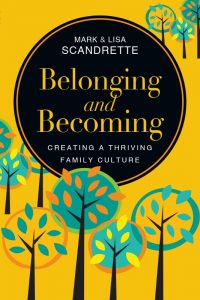 The stories we tell ourselves shape how we interact with the world and how we approach the challenges and opportunities in our lives. We all tell ourselves both true and false stories about our place in the world. Learning to differentiate between the true and false narratives enables us to engage God and find our true selves.
The stories we tell ourselves shape how we interact with the world and how we approach the challenges and opportunities in our lives. We all tell ourselves both true and false stories about our place in the world. Learning to differentiate between the true and false narratives enables us to engage God and find our true selves.
Having false narratives is part of being human. We struggle with anxiety, fear, envy, perfectionism, anger, etc., because these are human responses to the uncertainty of being alive. However, when these responses go unchecked, they become part of a story we tell ourselves that keeps us from growing and living more fully in the kingdom of God.
It’s a lot of work to change the narrative you tell yourself. It takes effort just to identify what that narrative is. Growing up, we were taught to start this process by understanding the biggest, truest things about our story. We were given opportunities from a very young age to process and discuss the larger story of God and Jesus as told in the Bible. As a family, we read Scripture together at least three or four times a week. We were encouraged to ask questions and to share our interpretation of the message being communicated.
Our parents attempted to present us with what they believed to be the most important truths about the story of God’s relationship with humans: that we’re deeply and unconditionally loved, that Jesus shows us a better way of being, that we’re called to love others unconditionally as we’re loved, etc. They also encouraged us to discuss these truths and the passages that contained them. Which gave us ownership of our personal beliefs and allowed us to build an ever-growing concept of our independent spirituality.
As an adult, I don’t think I fully understand how grounding it has been to find myself in the larger context of the grand story of God’s relationship with humanity. It gives me a sort of baseline context for who I am and provides a reference for understanding when I’m struggling with a false narrative. It’s helpful to confront those false narratives by asking, “How is this way of thinking preventing me from living into the larger, truer story?”
 Hailey Joy Scandrette is Founder and Editor in Chief of Ignighted Magazine, an online magazine and community of people ages 18-30 seeking to follow the teachings and actions of Jesus through incarnational living. She is also the daughter of Mark and Lisa Scandrette, authors of Belonging and Becoming: Creating a Thriving Family Culture. This piece is excerpted from the book (pp. 101-103) in the chapter, “A Thriving Family Discovers a Common Story”.
Hailey Joy Scandrette is Founder and Editor in Chief of Ignighted Magazine, an online magazine and community of people ages 18-30 seeking to follow the teachings and actions of Jesus through incarnational living. She is also the daughter of Mark and Lisa Scandrette, authors of Belonging and Becoming: Creating a Thriving Family Culture. This piece is excerpted from the book (pp. 101-103) in the chapter, “A Thriving Family Discovers a Common Story”.
“My granddaddy always said, if you got a problem you can’t solve, it helps to get it out of your head. Pie, it’s good.” These words from Men in Black III caught me off guard. But when I stepped back I realized it’s really a great lesson for us Jesus Followers. Watch the clip then check out my comments below.
Don’t you just love J’s response, “…you know, we’ve been doing smart stuff. We’ve been following clues, doing real police work… it might be time we do something stupid, somethin’ that ain’t got nothin’ to do with nothin’. You know what K, now I want some pie!”
So often our spiritual growth and creativity is stymied precisely because we’ve spent too much time focusing on “the problem”. We need to set it aside and get away. We need to eat some pie!
As K and J are at the diner eating pie, J is agitated. “World class serial killer out there, and we’re having pie!”
“I sense you’re not embracing the concept here” K responds. “Pie don’t work unless you let it.”
It’s a funny line, but how often have I gone on “retreat” only to take all my problems with me and stew over them the whole time I’m away. It’s like I’ve never heard Jesus’ words:
Come to me, all you who are weary and burdened, and I will give you rest. Take my yoke upon you and learn from me, for I am gentle and humble in heart, and you will find rest for your souls. For my yoke is easy and my burden is light. Mt. 11:28-30
Just like pie, retreats, whether extended and away from home, or mini-retreats right where you are, don’t work unless you let them. Too often I’m like the young ox yoked to the mature lead ox. Instead of letting the mature ox carry the weight and let me follow him through the fields, I plunge ahead attempting to lead the way and, as a result, end up pulling his weight and mine until I crash into a heap of exhaustion. Can you relate to that?
I know my tendency is to go, go, go. It’s difficult for me to stop. In fact, it feels “stupid” to stop and do nothing – eat some pie, rest. How will I get everything done if I don’t keep going? Consistent with God’s upside-down Kingdom, forward progress, whether spiritual or on a particular project, requires us to rest.
I rarely solve problems by banging my head against them without a break. In fact, most often breakthrough comes as I let it all go and I’m drifting off to sleep, soaking up the warmth of a morning shower, or outside plunging my hands into garden soil. Like stopping to eat some pie, disengaging from the issue often frees my mind to rest, allowing new insights and creativity to emerge.
There’s a reason God didn’t suggest, but rather commanded, we take a day of rest each week. Our souls need it. Our bodies need it. And if we’re honest, we realize our communities, our churches, our involvements all need us to rest.
During this season of Epiphany, I find the simple reminder to rest a powerful invitation from God. Soon we’ll be transitioning from Epiphany to Lent, a season more noted for times of rest and reflection. Why not begin now? Why not enter into God’s rest today, allowing Jesus to carry the burden of the yoke across our backs? Simply recognizing our need and God’s invitation may be the greatest epiphany of the season.
Will you join me?
A couple of weeks ago I posted this prayer in my Monday Meditation Sit Still, Breathe Deeply.
Since then I have spent much of my time getting a new writing project on creative spirituality underway. One thing my life coach suggested is that I reward my weekly progress with a fun project that energizes and renews me. Last week that project was expanding my prayer and putting it into a video meditation which I have enjoyed using throughout the week.
I hope you enjoy it too. I suggest that you sit still, close your eyes and allow the sound of the words and the running water in the background to sooth your spirit.
I deliberately did not include the words on this video as it is intended to encourage us to relax into the presence of God, something which is more challenging when we read along as our focus is on the words rather than on God.
However for those who want to use the meditation as a focus for more prolonged meditation here is the text:
Sit still, breathe deeply,
Inhale the eternal breath.
Imagine it rushing into your lungs.
Absorb it into your bloodstream,
Allow it to course through your entire being.
Through the life giving heartbeat of God,
See it infused into every cell in your body.
Sit still, breathe deeply,
Plant your feet firmly
On the earth beneath your feet.
The earth from which you are made,
Uniquely shaped by your Master’s hands.
The earth, this rich and fertile gift from God,
For which we are responsible, caretakers, preservers,
Stewards of God’s good creation.
The earth, beginning and end of all life,
The place to which we will return,
Dust to dust, ashes to ashes.
Sit still, breathe deeply,
Lift your hands towards heaven,
Sense the eternal presence,
Above, beneath, behind, before.
Let God’s holy love flow through you,
Filling your heart,
Nourishing your soul,
Renewing your spirit.
Sit still, breathe deeply,
Calm your spirit.
Listen in the silence
To the gentle whisper of God’s voice
Let it call you
To inner wholeness and outer response.
Let it equip you with footsteps of peace,
Love, compassion caring, generosity and justice.
Sit still, breathe deeply,
Let the ever present, everlasting, never failing One
Abide in you
Amen.
If you are interested in breath prayers you may enjoy this series of breath prayer cards too.
As an Amazon Associate, I receive a small amount for purchases made through appropriate links.
Thank you for supporting Godspace in this way.
When referencing or quoting Godspace Light, please be sure to include the Author (Christine Sine unless otherwise noted), the Title of the article or resource, the Source link where appropriate, and ©Godspacelight.com. Thank you!

